On the afternoon of July 10, the Ministry of Finance and the Ministry of Industry and Trade jointly announced changes in retail gasoline prices. The effective time is from 3:00 p.m. the same day.
The regulatory agency decided to increase the price of E5 RON 92 gasoline by VND210 per liter and RON 95 gasoline by VND190 per liter. After adjustment, the retail price of E5 RON 92 gasoline is VND19,650 per liter and RON 95 gasoline is VND20,090 per liter.
Similarly, oil prices were also adjusted upward during this management period. Specifically, diesel increased by VND430/liter to VND18,830/liter, kerosene increased by VND240/liter to VND18,370/liter; meanwhile, fuel oil decreased by VND240/kg to VND15,560/kg. The management agency still maintains that it will not draw from or spend from the price stabilization fund.
Thus, domestic gasoline prices have increased again after two consecutive declines. Currently, the price of this fuel is at a 4-year low, equivalent to June 2021. Since the beginning of the year, RON 95 gasoline has increased 16 times and decreased 13 times. Diesel has increased 15 times, decreased 13 times and remained unchanged once.
The room for the petroleum price stabilization fund of some key enterprises still recorded a large positive level because in many recent management periods, this fund was not used. The fund balance as of the end of the first quarter was more than 6,079 billion VND. Of which, the balance at the Vietnam National Petroleum Group ( Petrolimex ) accounted for half, at 3,082 billion VND.
Recently, many petroleum retail businesses said they have continuously suffered heavy losses due to sharp discounts cut by key businesses, especially when tensions escalated between Iran and Israel in June.
Regarding gasoline discounts, the Department of Domestic Market Management and Development ( Ministry of Industry and Trade ) said that gasoline agents and retail stores, when participating in business in the market, need to accept the rules of the market and be subject to market regulations including supply, demand, and prices. Therefore, agents and retail stores need to have their own business plans to respond when the market fluctuates.
For example, when world oil prices are low and supplies are abundant, wholesale and distribution companies can offer high discounts to retailers, the agency said.
But when world oil prices increase or are forecast to increase, supply becomes scarcer, retail companies may have to accept low discounts, even negative discounts, but still have to import goods to maintain business operations, in return for enjoying high discounts.
The management agency affirmed that the current legal regulations on petroleum trading in Vietnam do not stipulate discount rates. The State only creates the environment, manages, operates and regulates the ceiling price of petroleum retail prices to protect the interests of consumers and manage the macro economy, and does not regulate discount rates in petroleum trading of enterprises.
Source: https://dantri.com.vn/kinh-doanh/gia-xang-dau-dong-loat-tang-co-loai-tang-hon-400-donglit-20250710142557368.htm





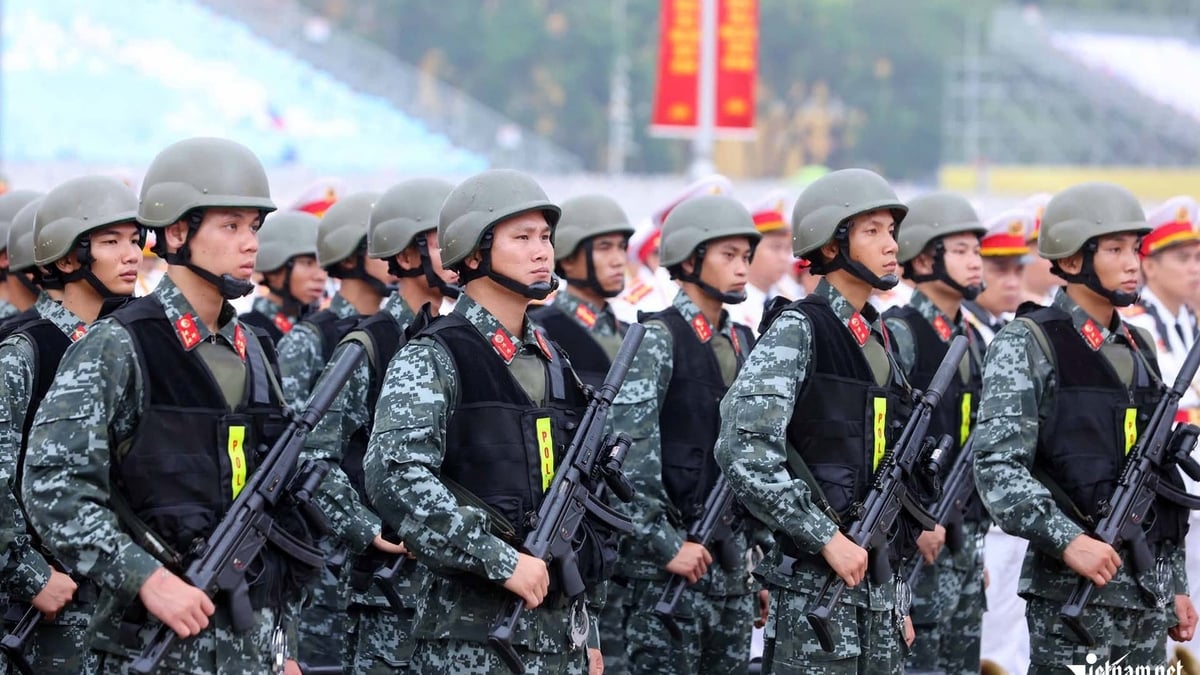
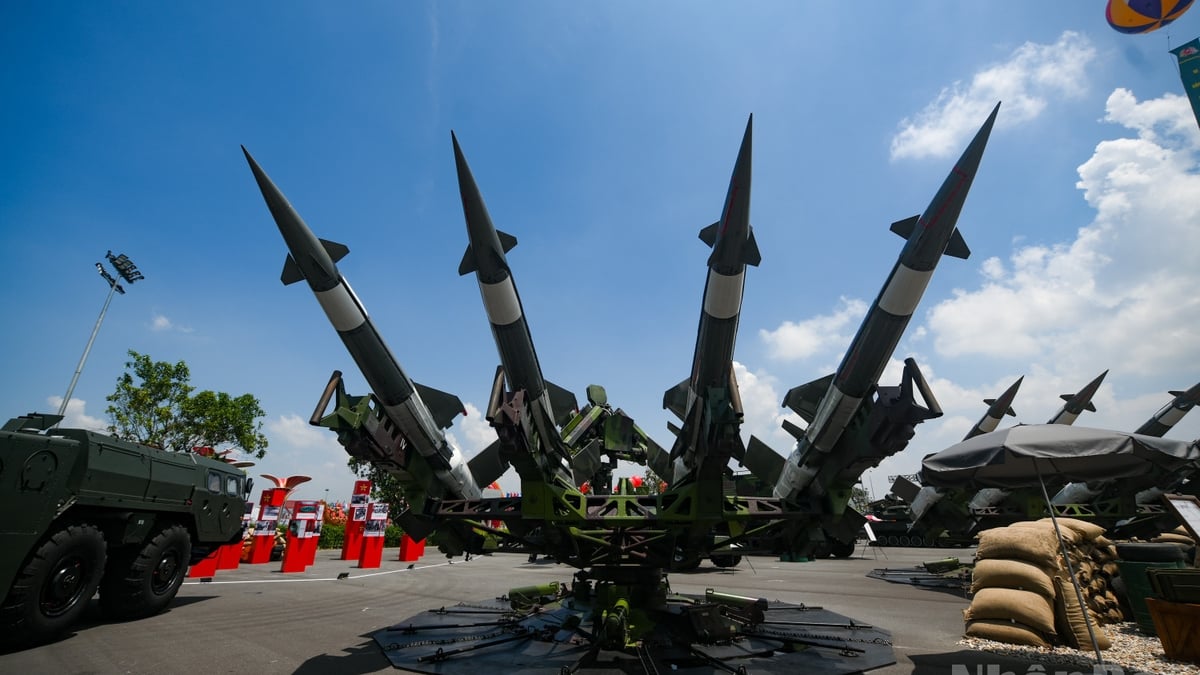

![[Photo] Hanoi is ready to serve the occasion of the 80th National Day Celebration on September 2nd](https://vphoto.vietnam.vn/thumb/1200x675/vietnam/resource/IMAGE/2025/8/29/c838ac82931a4ab9ba58119b5e2c5ffe)
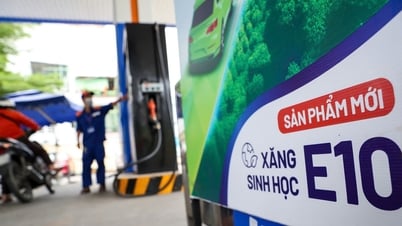





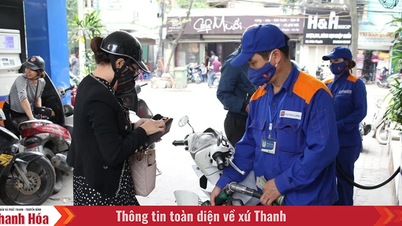

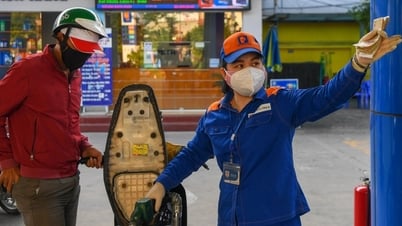
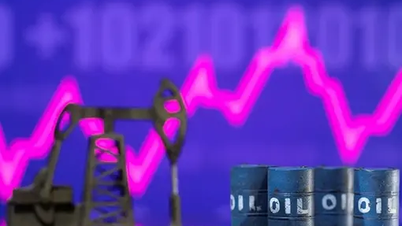

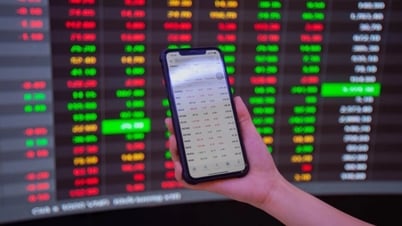
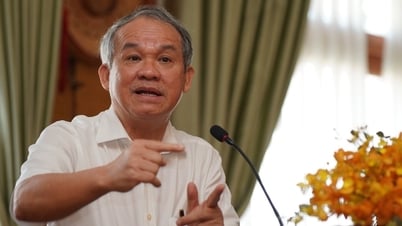


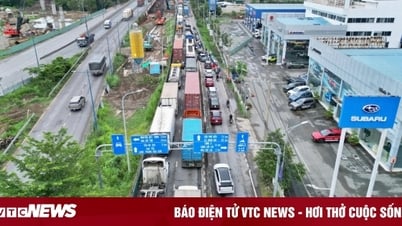


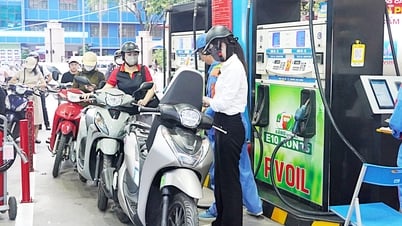






















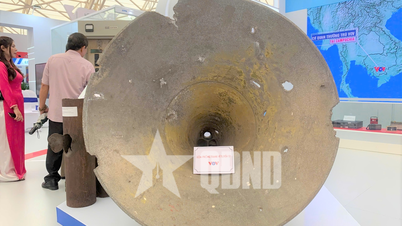


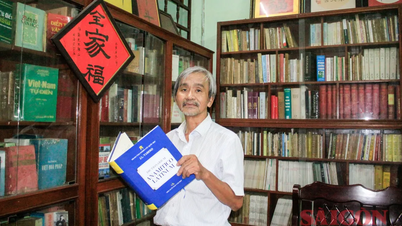









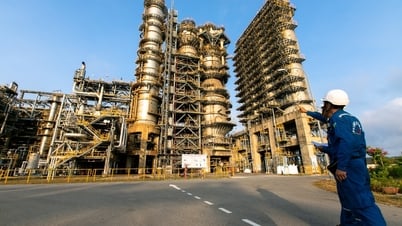


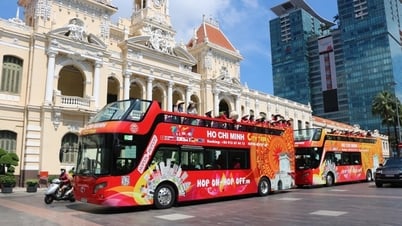


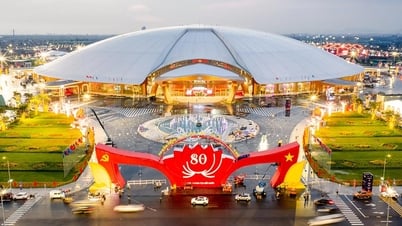




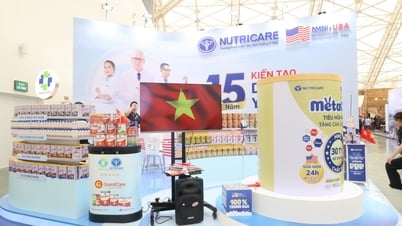




























Comment (0)